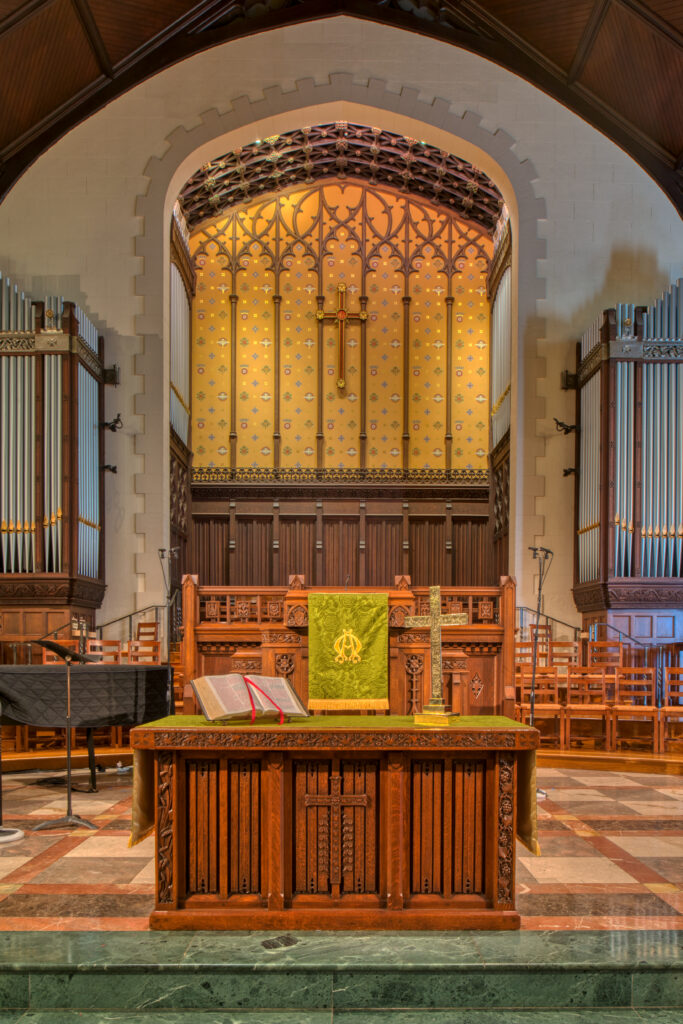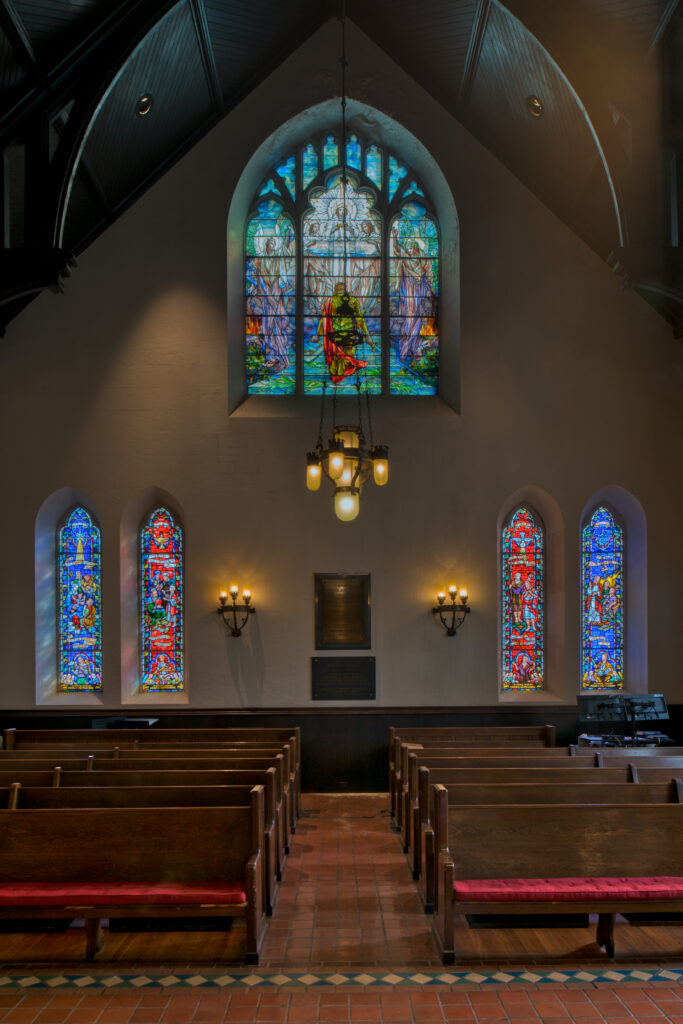Welcome to The First Presbyterian Church in Germantown (FPCG)! Our worship is a celebration of the grace of God in Jesus Christ our Lord, and we preach a confident proclamation of the power and relevance of the Gospel in modern life. Worship is in the Reformed tradition, is held in the welcoming space of our beautiful sanctuary, and includes liturgically appropriate music.
- What denomination is FPCG?
- FPCG is a member of the Presbyterian Church (USA).
- FPCG is a member of the Presbyterian Church (USA).
- Is FPCG handicap accessible?
- Yes. Please see one of our ushers (identifiable by boutonnieres) should you need any assistance.
- Yes. Please see one of our ushers (identifiable by boutonnieres) should you need any assistance.
- When is communion/the Lord’s Supper/Eucharist celebrated?
- The first Sunday of every month.
- The first Sunday of every month.
- Who may receive communion?
- Anyone who is baptized and professes Jesus Christ as their Lord and Savior is welcome to receive communion, including children (with parental permission).
- Anyone who is baptized and professes Jesus Christ as their Lord and Savior is welcome to receive communion, including children (with parental permission).
- How long are services?
- Services run between an hour and an hour and a half, depending on special music and communion.
- Services run between an hour and an hour and a half, depending on special music and communion.
- Is childcare available?
- Yes. Additionally, persons who supervise childcare have passed a background check and have PA Act 153 (“Sandusky Act”) clearance.
- Yes. Additionally, persons who supervise childcare have passed a background check and have PA Act 153 (“Sandusky Act”) clearance.
- Are children allowed in church?
- Yes! There is also an option for children to attend Sunday school during the sermon, with a short, interactive children’s sermon held beforehand.
- Yes! There is also an option for children to attend Sunday school during the sermon, with a short, interactive children’s sermon held beforehand.
- Is there a dress code?
- No, there is no dress code or clothing restrictions.

